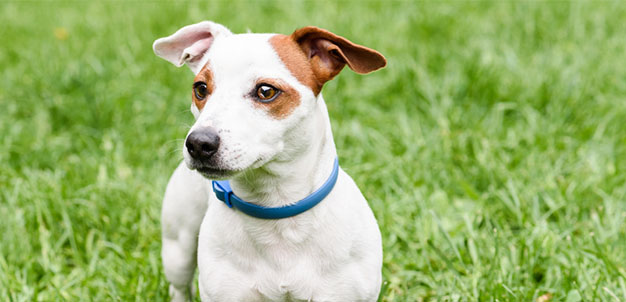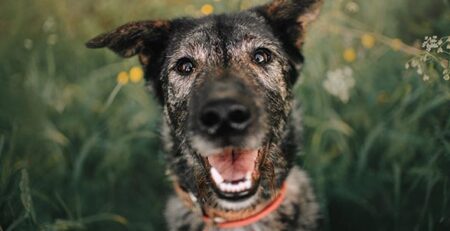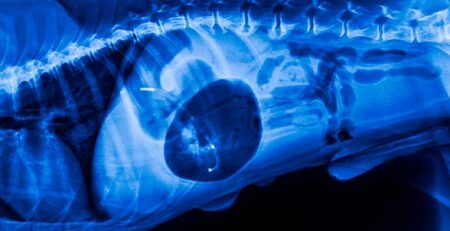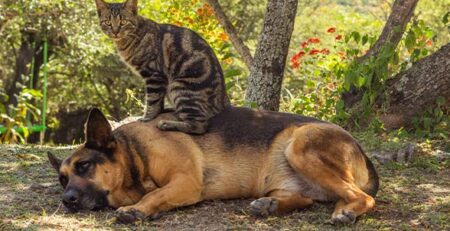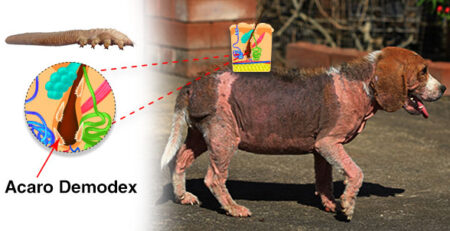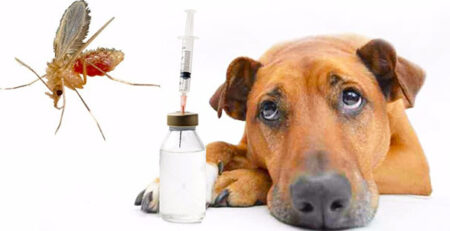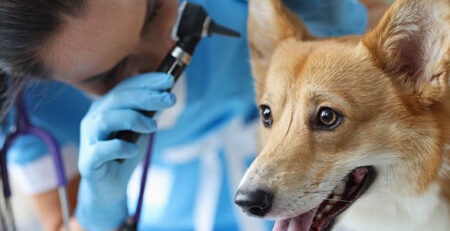Table of Contents
MALE DOG NEUTERING WHEN TO PROCEED AND WHAT IT CONSISTS OF
Although to a lesser extent than female dog spaying, male dog neutering is a
veterinary surgery that is increasingly being performed.
The reason for choosing to neuter one’s dog should be a health problem or a real risk that he or she may become ill.
Recently, however, there has been a spike in requests for neutering of male dogs justified more by behavioral problems than health issues.
Well, if you think that neutering your dog is a panacea or panacea, you are wrong: certain attitudes or so-called “behavioral” problems and disorders of dogs that so irritate humans are not attributable to their testosterone but are, more often than not, the result of bad habits or inappropriate interactions.
MALE DOG CASTRATION OR ORCHIECTOMY IS A PRACTICE THAT ACTUALLY INVOLVES THE REMOVAL OF THE TESTICLES
It is a definitive, minimally invasive procedure that involves, after incision of the skin of the scrotal bursa and severing of the spermatic funicles, removal of the testicles.
The surgery is performed under general anesthesia.
ORCHIDECTOMY BUT NOT ONLY: ALTERNATIVE METHODS
Orchidectomy is only one among the possible interventions.
Also less well known and practiced but not to be underestimated or ruled out a priori are vasectomy and chemical castration, both temporary and permanent.
Your trusted veterinarian, to whom we always urge you to turn, will be able to advise you and indicate the type of male dog neutering to be performed:
-vasectomy or deferentectomy: is the surgery by which the vas deferens ducts that carry spermatozoa from the testes outward are closed.
The surgery renders the dog infertile but does not inhibit the production of sperm fluid, which, since it cannot escape, is degraded by the body.
Watch the timing and avoid having your dog mate immediately after the procedure: since viable sperm remain in the ejaculatory fluid for about a month, your dog may still be able to procreate.
-Chemical or pharmacological castration: represents a temporary alternative to surgical castration.
To accomplish this, a drug, deslorelin, is used, which works by blocking testosterone production.
The drug, contained within a small capsule, is injected under the skin and results in temporary infertility, but again timing must be calculated: the dog is to be considered infertile only 6 weeks after the drug inoculation and will remain so for the next 6 months.
After the period of effectiveness of the drug has elapsed, if the dog’s infertility is to be maintained, treatment must be repeated again.
-permanent chemical male dog castration, which is still uncommon in Italy. It is done by injecting a mixture of arginine and zinc gluconate directly into the testes.
The prostate gland and testes atrophy, resulting in the dog’s infertility.
Neutered dogs treated with arginine and zinc gluconate can produce sperm that can survive for up to two months after the procedure and therefore should be kept away from bitches in heat for that period.
AT WHAT AGE TO PROCEED WITH MALE DOG NEUTERING
It is advisable to wait until sexual maturity: both testosterone and thyroid hormones T3 and T4 are essential for a dog’s healthy growth.
The production of these hormones accompanies, precisely, the onset of sexual maturity.
Castrating a dog before the production of these hormones has begun may mean that your dog will not be able to produce them in sufficient quantities, and this deficiency could affect its health, immune system and development.
The slowdown in metabolism caused by the decrease in sex hormones due to male dog neutering could later cause weight gain: to remedy the problem, just adjust the dog’s diet properly.
FOUR REALLY GOOD REASONS WHY TO PROCEED WITH MALE DOG NEUTERING
- Castration eliminates the risks of cancerous diseases of the prostate, testicles, and anal glands. The most affected dogs are generally the elderly ones.
Castration, from a health perspective, is always intended as a preventive tool.
- There are male dogs who are particularly sensitive to the call of bitches in heat and, induced by irrepressible hormonal urges, try to mate with all of them.
Castration in these cases is a solution that would help them relax, taking away much of the urge to copulate and reducing to zero the chances that they can procreate.
- Cohabitation of male and female dogs mandatorily requires castration for the former or spaying for the latter in order to avoid both unwanted litters and conflicts between pack members. Sexually mature dogs develop the instinct to compete for females.
Keeping them apart or isolating them is a very arduous undertaking and very stressful for both dogs and owners who cannot always handle such situations.
This is another good reason to resort to castration.
- Parallel to this, the escapes of those dogs that run away from houses and gardens to join bitches in heat even miles away would also be avoided.
AGGRESSION: WHEN CASTRATION DOESN’T HELP
If all behavioral problems were really related to testosterone, male dog neutering might be the correct solution.
But cases of established correlation between aggression and libido are rare.
Aggressiveness and biting of a dog, on the other hand, are determined by environmental causes:
- lack of socialization
- social isolation
- abuse
Psychological and character motivations:
- competitiveness
- possessiveness
- territoriality
- hierarchical position
After male dog neutering surgery will be noticed in the animal:
- A decreased territoriality expressed through urine and defecation
- A decrease in excitability and sexuality
- A lowering of intraspecific competition
But neutering will not solve your dog’s behavioral problems; instead, to achieve this, you need to go back to the source and address them with a specialist in the field, namely the Behaviorist.
The staff of La Veterinaria Clinic, including Behaviorist, is available to provide you with all the useful information the case requires: please do not hesitate to contact us.
La Veterinaria Clinic is always open h24 every day, including holidays and with Emergency Service from 8 pm to 8 am.
For the joy of seeing them HAPPY.

